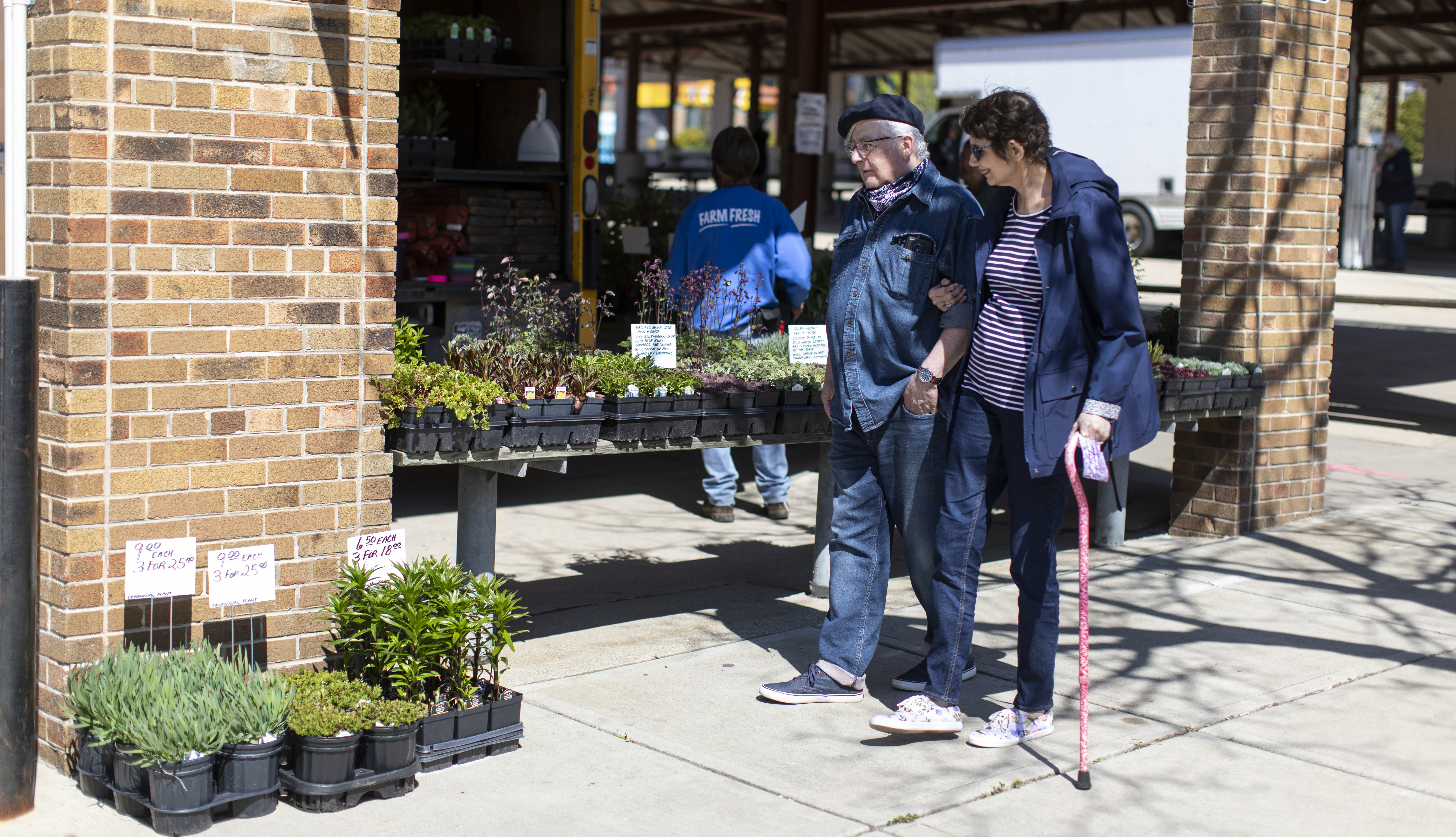AARP Hearing Center

No matter how hard Nancy and Terry Koch worked, it seemed they couldn’t save enough for retirement.
The couple, from West Allis, are now retired from decades of steady employment. Nancy, 70, was a psychiatric nurse until a work injury requiring surgery led her to retire. Terry, also 70, worked for a printing company.
They saved and carefully managed their expenses. But it wasn’t enough to outrun their escalating medical costs and shrinking retirement savings.
Until recently, Nancy didn’t think her situation was dramatic enough to warrant attention from legislators, but she has come to believe the opposite. Now, as AARP volunteer advocates, the couple share their experience at the state legislature.
It’s the everyday stories that show how regulations and economic conditions undermine the determination and best efforts of working Americans that lawmakers need to hear, she said.
“Stories put a real face to a real problem, and the bigger the problem, the more faces we need,” she said. “They have to look at us.”
That’s why AARP Wisconsin is gathering personal anecdotes for a “story bank” to help illustrate key issues such as the cost of caregiving, high prescription drug prices, retirement savings and consumer fraud.
The stories will be used to bolster state legislative advocacy efforts; in consumer training programs such as fraud prevention; and in print, broadcast and digital media.
Using these accounts to urge lawmakers to act is more important than ever as older Americans face additional financial strain and health worries because of the coronavirus outbreak.
Even when people are physically distancing, it’s critical that their voices not be quelled, said Sam Wilson, AARP Wisconsin state director.
“During this public health crisis, sharing personal stories is one of the most powerful ways we can ensure decision-makers understand the impact” of what people are experiencing, he said.
If one story is powerful, imagine the collective impact of dozens, said Jim Flaherty, AARP Wisconsin communications director, who is spearheading the story bank effort.
Bridging life experiences
Sharing details about your personal health, finances or caregiving can be daunting. But many people face similar challenges and can benefit from knowing they aren’t alone.
AARP volunteers Paul and Connie Dobbratz, both 67, of Rothschild, often hear stories from individuals in the fraud prevention workshops they teach about how easy it is to succumb to pressure from scammers.
One tactic: criminals impersonating clergy and demanding gift cards for parishioners in crisis. “People will give anything for their church,” said Paul Dobbratz.
Flaherty emphasized that individuals and their experiences will be treated with respect.
“Stories are the bridge between a difficult-to-understand topic and how it relates to your life and your friends’ lives and your families’ lives,” Wilson said. “Telling them takes courage.”
AARP is eager to hear your story. Share your experience, along with your name, hometown and contact information, online at bit.ly/aarpwistory or call 866-448-3611. Someone from AARP Wisconsin may then call you.
Joanne Cleaver is a writer living in Portland, ME.
More on Advocacy































































